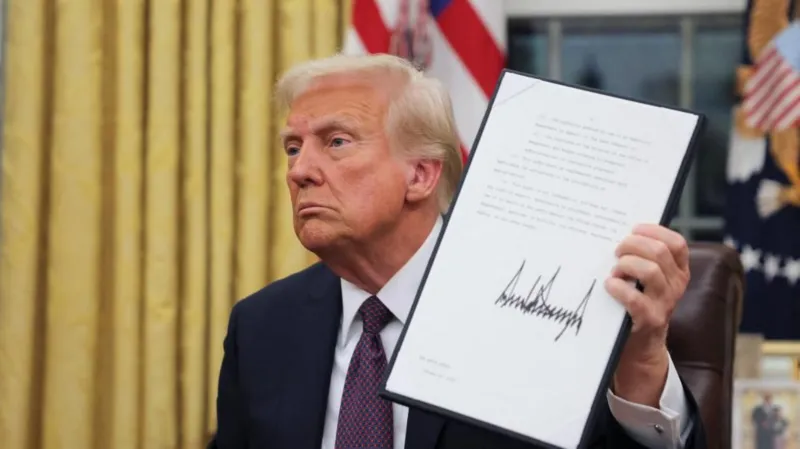King Charles III is set to attend a poignant ceremony marking the anniversary of the liberation of Auschwitz, the infamous Nazi concentration and extermination camp. His presence at the commemoration underscores the enduring importance of remembering the horrors of the Holocaust and ensuring that its lessons remain a cornerstone of modern society.
Auschwitz, located in Poland, became a symbol of unimaginable human suffering and the depths of cruelty perpetrated during World War II. Over 1.1 million people, primarily Jews, were murdered there between 1940 and 1945. Among its victims were also Poles, Romani people, Soviet prisoners of war, and other minorities targeted by the Nazi regime. The camp’s liberation by Soviet forces on January 27, 1945, revealed the atrocities to the world, leaving an indelible mark on human history.
The commemoration event is expected to gather Holocaust survivors, dignitaries, and global leaders. For King Charles, this visit carries a profound personal and historical significance. As a monarch, he represents a continuity of leadership that has long championed remembrance and reconciliation. His attendance serves as a reminder of the British royal family’s longstanding commitment to Holocaust education and the fight against antisemitism.
King Charles has demonstrated a deep connection to Holocaust remembrance throughout his public life. He has hosted survivors at Buckingham Palace, supported Holocaust educational initiatives, and spoken eloquently about the moral responsibility to confront prejudice and hate. His participation in this event aligns with his broader mission to promote understanding, tolerance, and unity across diverse communities.
The ceremony will include somber moments of reflection, such as the lighting of candles to honor the victims and the recitation of names of those who perished. Survivor testimonies are expected to be a centerpiece of the event, offering powerful reminders of the resilience of the human spirit in the face of unimaginable adversity. These personal accounts not only honor the memory of the victims but also serve as a warning against the dangers of hatred and indifference.
Amid a global climate where antisemitism and other forms of prejudice have seen a resurgence, King Charles’s attendance sends a clear message about the need for vigilance and solidarity. His presence reinforces the idea that commemorating the past is not merely an act of remembrance but a call to action to safeguard the principles of dignity and equality for future generations.
As the world pauses to reflect on the atrocities of the Holocaust, King Charles’s role in this historic commemoration symbolizes the enduring relevance of its lessons. The visit serves as both a tribute to the victims and a pledge to ensure that the darkness of Auschwitz is never forgotten.




















